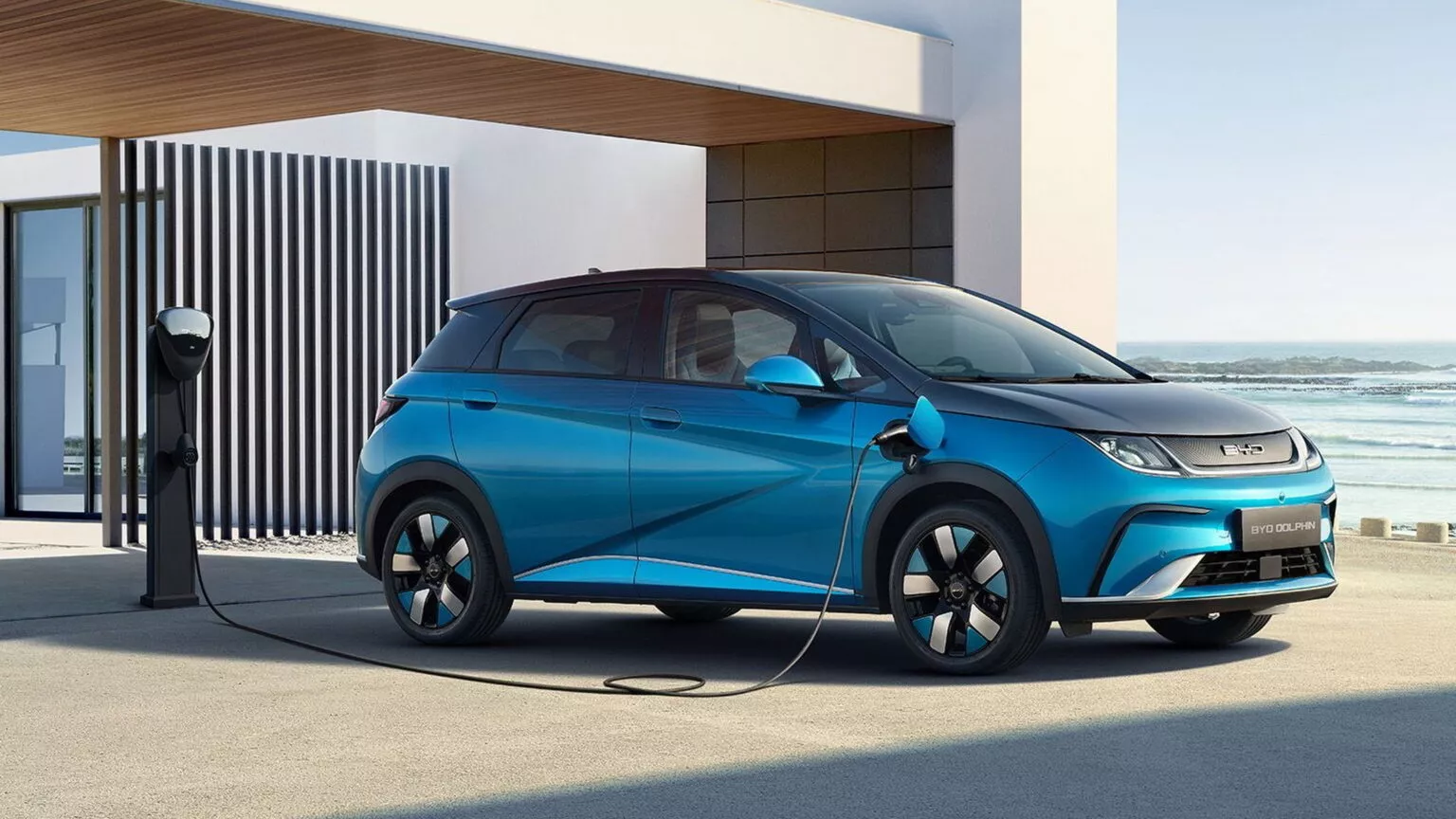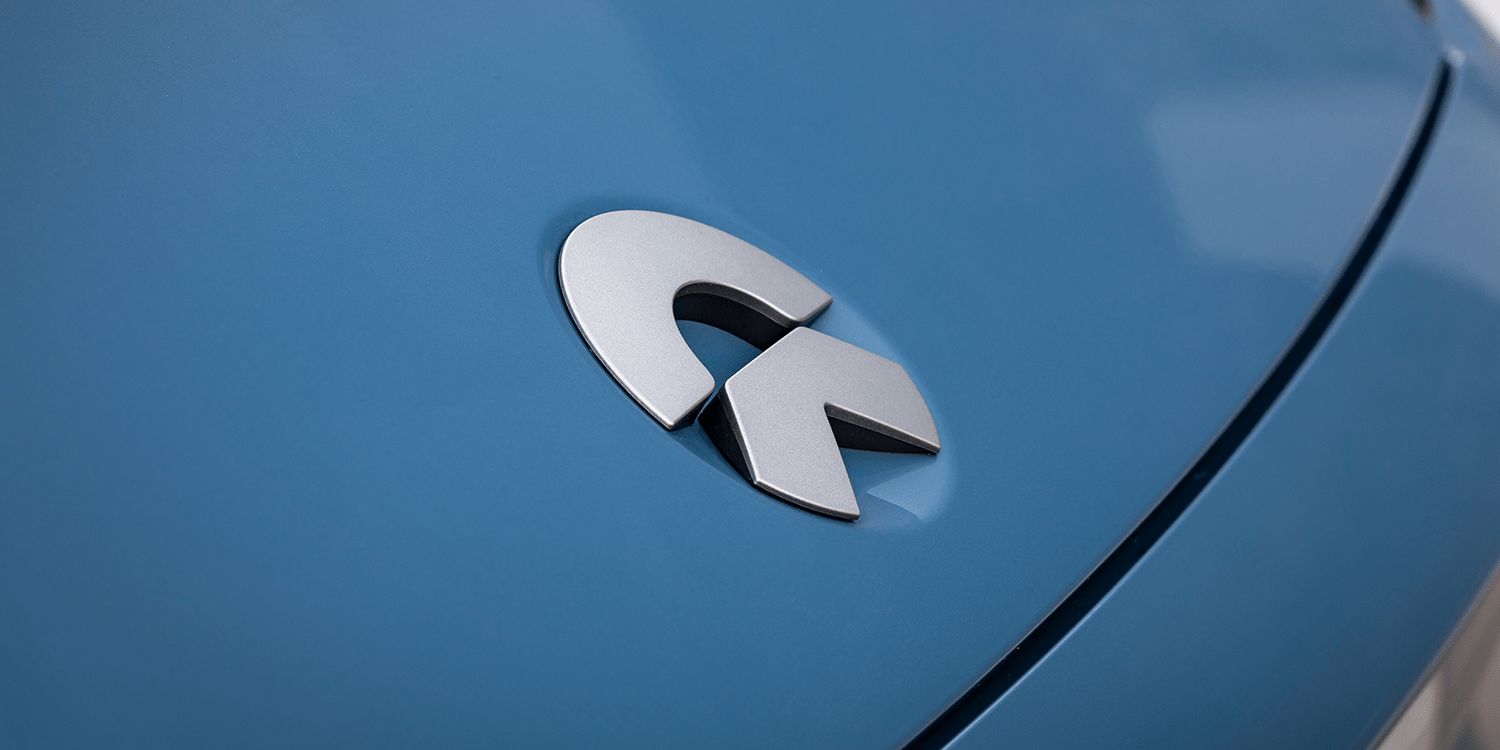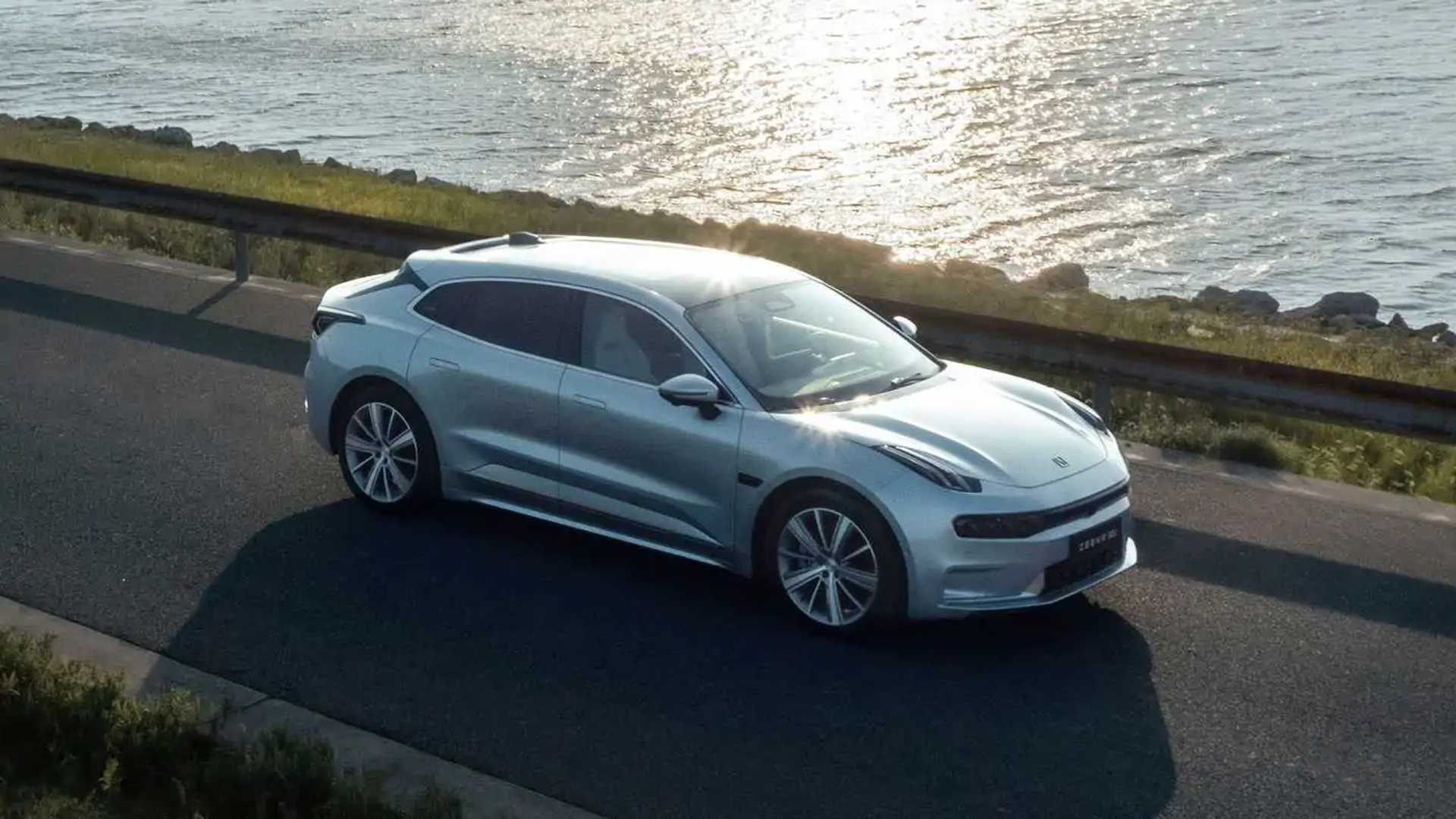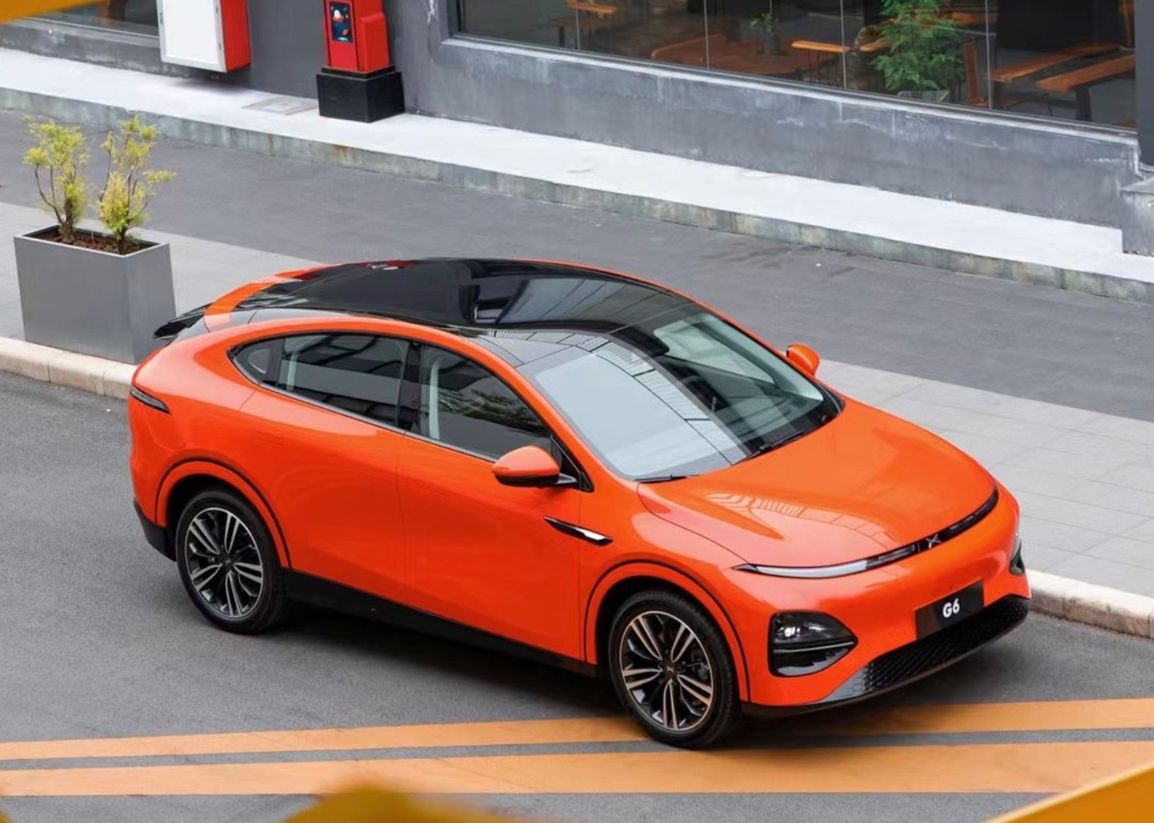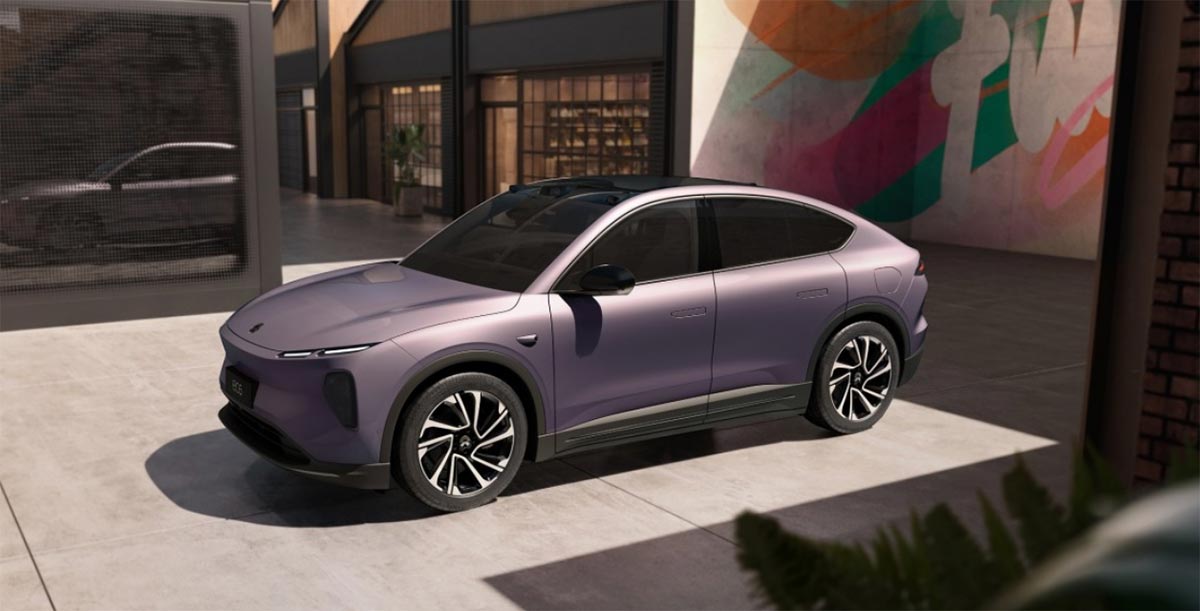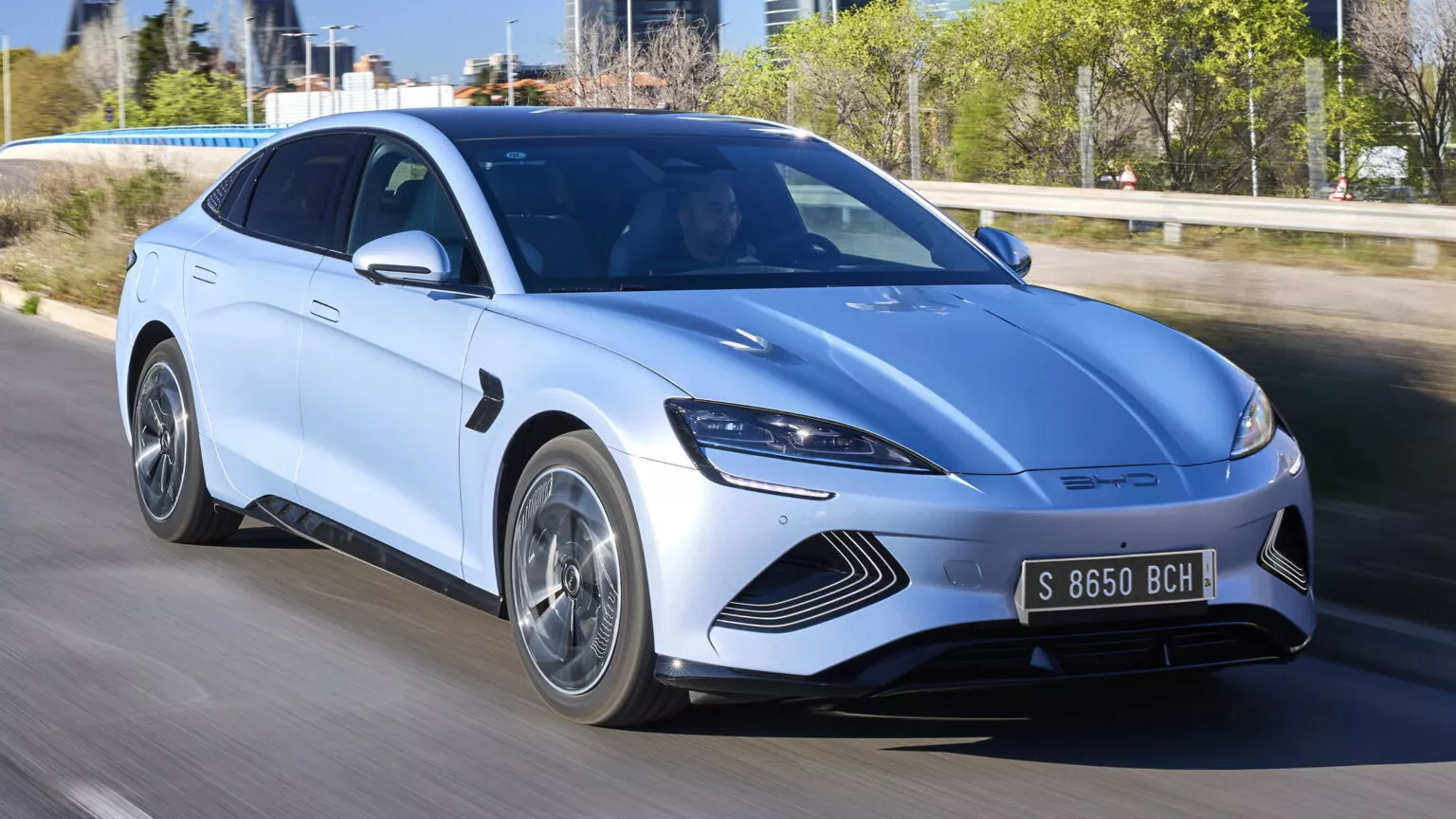Italy is exploring the possibility of introducing novel incentives for car purchases that take into account carbon emissions throughout the manufacturing and distribution process, according to sources familiar with the matter. This initiative, inspired by a similar program recently implemented in France, seeks to safeguard the Italian automotive sector against the influx of Chinese electric vehicles (EVs), which are gaining popularity in Europe due to their competitive pricing compared to locally produced counterparts.
Sources have indicated that Rome views the French incentive model as “reasonable” and is actively studying the feasibility of adopting a similar approach. The scheme is designed to shift the focus from solely targeting vehicle emissions to assessing car models against government-established benchmarks for energy consumption during material production, assembly, and transportation to market, as well as the type of batteries used in the vehicles.
European Union competition regulations prohibit member countries from favoring domestic producers. Nevertheless, the criteria developed in France are expected to render Chinese cars ineligible for incentives due to the predominance of coal-generated electricity in the Asian country’s automotive industry and the extensive shipping of vehicles worldwide via boats.
France has asserted that its criteria adhere to World Trade Organization (WTO) rules, as exceptions can be made for health and environmental considerations.
Italy aims to establish a comprehensive long-term plan for its automotive industry in collaboration with local stakeholders, including Stellantis (STLAM.MI), Italy’s primary automaker. The government is pushing for Stellantis to increase its annual production in Italy to one million vehicles.
Ongoing discussions, expected to continue through the end of the year, encompass the development of new incentive programs within Italy. Last month, Industry Minister Adolfo Urso emphasized that a significant portion of the incentives had been used by Italians to purchase vehicles manufactured abroad. He highlighted the need for a revised incentive framework that supports both the transition to environmentally friendly vehicles and the growth of domestic car production.

